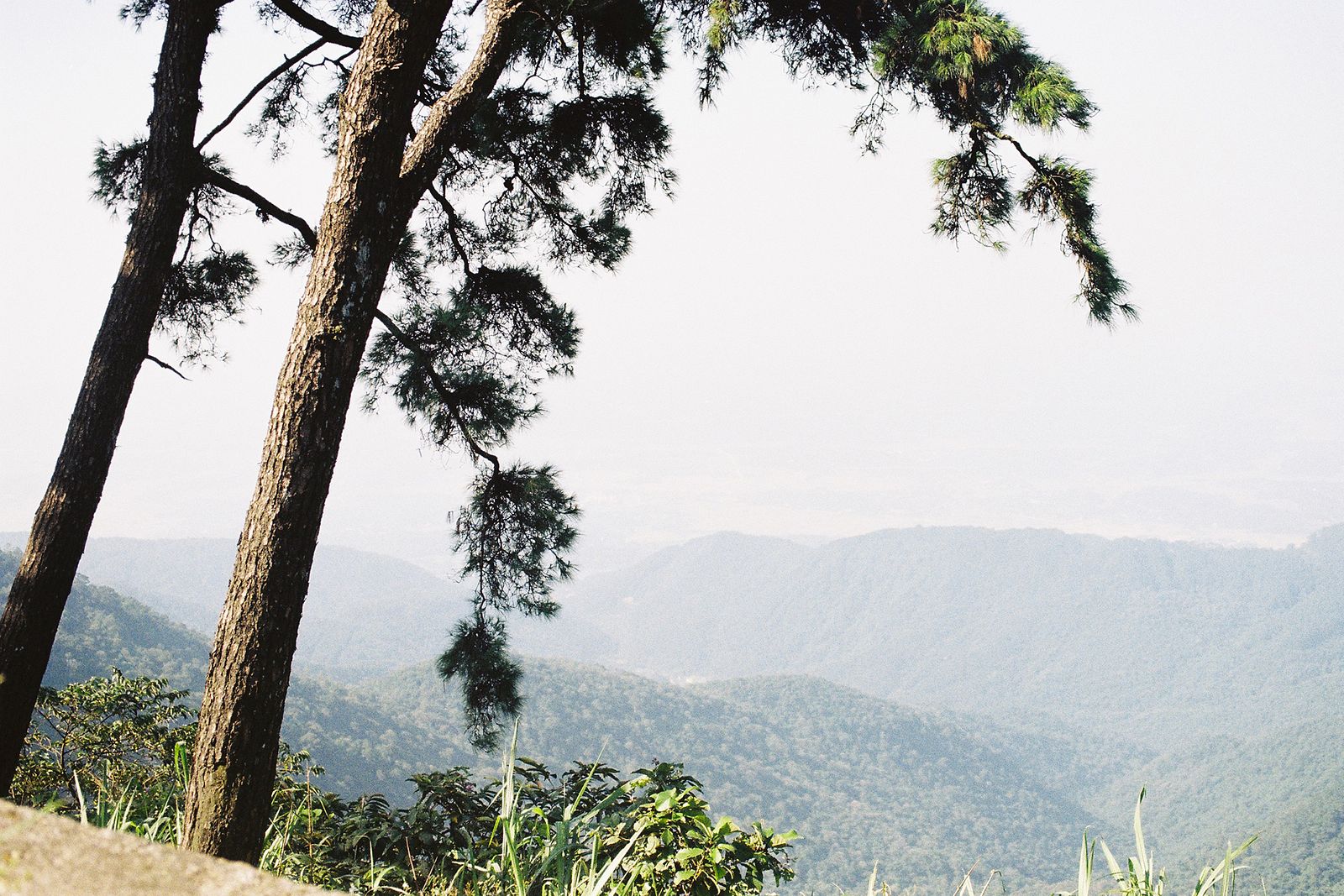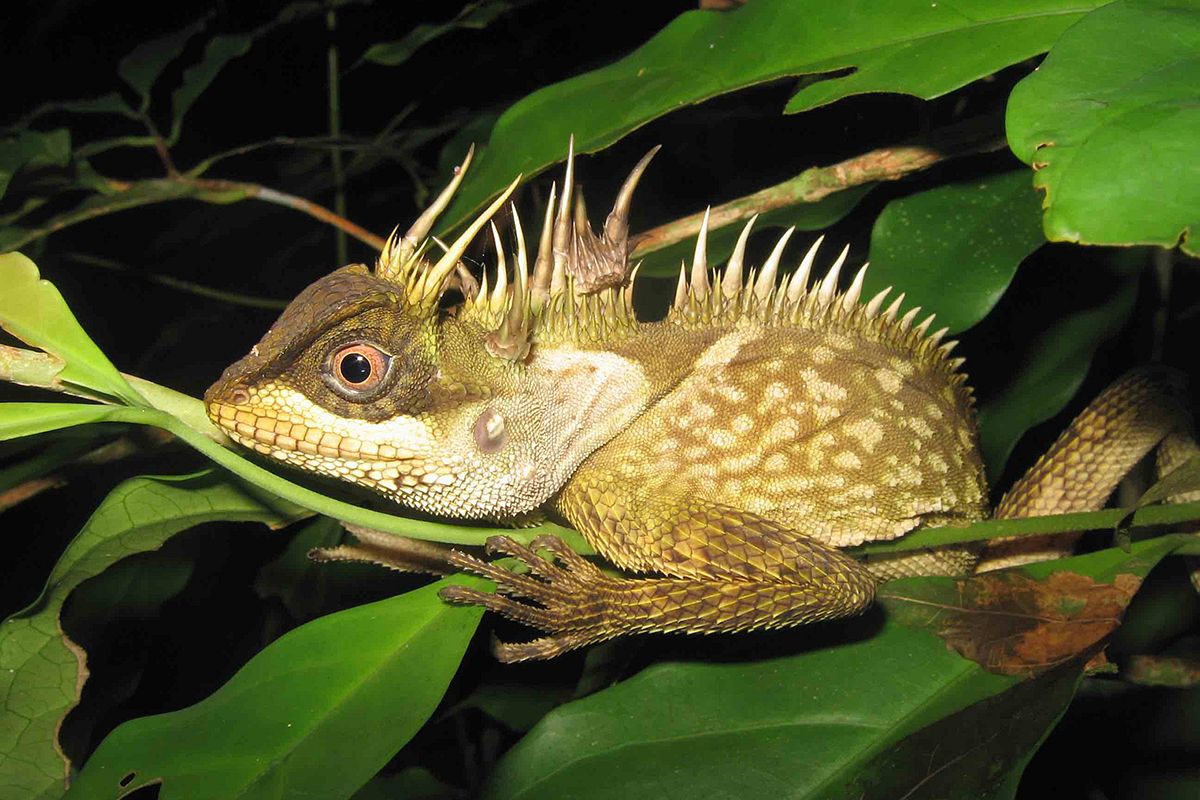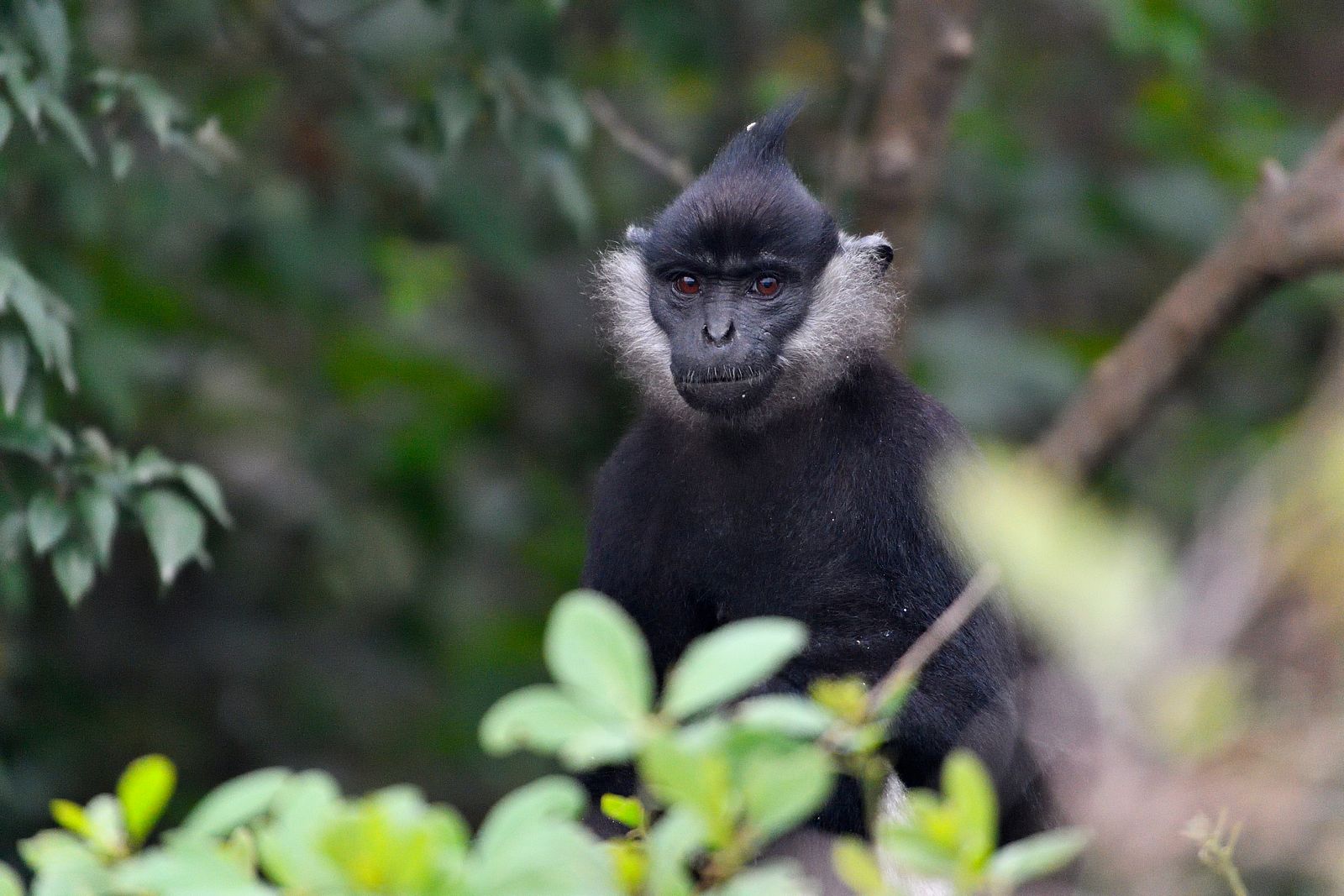The government's reversal on a 25-year ban may prove to be ruinous for the preservation of the endangered species.
In a statement released on Monday, the Chinese government announced that it will now allow powdered rhino horn and tiger bones to be used for healing and research purposes. It specifically outlined: "Powdered forms of rhino horn and bones from dead tigers can only be used in qualified hospitals by qualified doctors recognized by the State Administration of Traditional Chinese Medicine." The material must come only from captive, farmed animals and not those kept in zoos.
The international community reacted with outrage, citing the disastrous effect the move will have on already precarious global populations. Iris Ho, senior specialist for Wildlife Program and Policy at Humane Society International said: “With this announcement, the Chinese government has signed a death warrant for imperilled rhinos and tigers in the wild who already face myriad threats to their survival...This is a devastating blow to our ongoing work to save species from cruel exploitation and extinction, and we implore the Chinese government to reconsider.”
Chinese authorities gave no explanation for the move, though many speculate that it is aimed at boosting the country's traditional Chinese medicine industry which is already valued at US$100 billion with more than 500,000 medical practitioners. The government has long aimed to raise its profile internationally, placing it alongside Western treatments and thus improving China's global influence. A related increase in the presence of lucrative domestic farms has also been cited as a reason for the policy change.
Lifting the ban comes with numerous causes for concern. Experts fear that attempts to foster consumption of farmed animals will undoubtedly encourage illegal poaching to meet increasing demand. There is virtually no way to distinguish between legal and illegal parts and not even clear understanding of how many captive rhinos and tigers live in China. Moreover, authorities have displayed dubious ability to effectively police the black market. As Ho explains, "It sets up what is essentially a laundering scheme for illegal tiger bone and rhino horn to enter the marketplace and further perpetuate the demand for these animal parts."
Allowing the animals to be consumed, even if they are "ethically" raised, also convolutes norms surrounding human relationships with endangered animals. It potentially hinders other preservation efforts including China's recent ban on the sale of elephant ivory.
It's estimated that less than 4,000 tigers remain in the wild and less than 30,000 rhinos across all five unique species. Neither tiger bones nor rhino horn have shown any scientifically-supported medicinal value.
[Photo via Flickr user marcus_jb1973]















